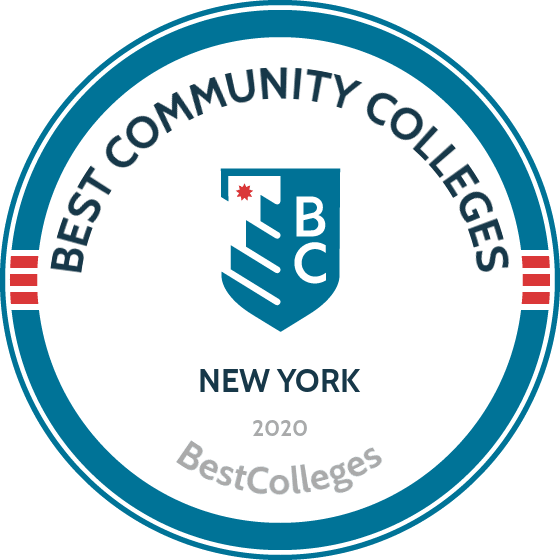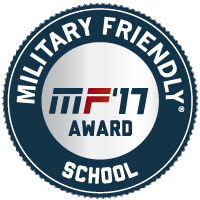
© SUNY Ulster
491 Cottekill Road
Stone Ridge, New York 12484
845-687-5000 | 800-724-0833

94 Mary's Ave., Kingston
right across from the
HealthAlliance Hospital
For more information,
call 845-339-2025
- FAST FINDS
- CAMPUS RESOURCES
- ABOUT US


